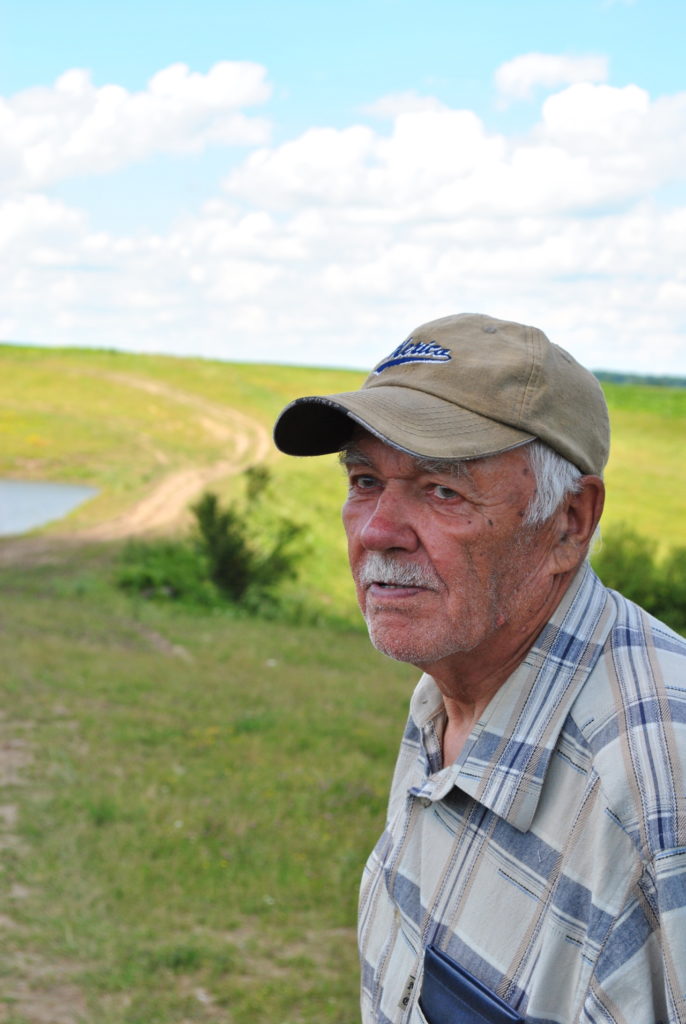91 years of the infamous “law on 5 ears of grain”
On August 7, 1932, Stalin initiated the Resolution of the Central Executive Committee and the Council of People’s Commissars of the USSR “On the Protection of the Property of State Enterprises, Collective Farms and Cooperatives and Strengthening Public (Socialist) Property”, which was popularly known as the “Law on 5 ears of grain”.
According to this resolution, the property of collective farms and cooperatives, including the harvest in the fields, was declared state property. A higher penalty was established for the theft of property – execution, and in the presence of mitigating circumstances – a sentence of at least ten years of imprisonment with confiscation of all property. Amnesty could not be applied to those convicted of theft of collective farm and cooperative property.
“Here I will tell the case that happened to me. Father sowed rye. When the rye ripens, you can already pinch the spikelets. But it was not allowed, even on his own field. And if he went there without permission and was caught, he would be definitely judged.
My mother tells me: “Take a bag, go and pick some ears of grain.” I went to pick them up. And that time, I just went to school in the first grade. I collected some ears of grain. Suddenly, Komsomol members were riding on horseback. They saw me. You are not going anywhere…

The Holodomor witness Kostiantyn Pyliavskyi.
They rode up to me. They took away the bag with ears of grain and escorted me. Of course, I was crying… But I couldn’t do anything. They convoyed me to Berezna. And there was a quarry where people took sand. And to those dug pits… They led me to one pit… They put me down, tied my legs… They pretended that they were going to shoot me. Can you imagine? I was a child, and what the state of this child was! They took a stick and held my legs, beating them well on the soles and heels. They were beating, beating… I was already crying, crying… Until I fainted.
They thought I was already dead. When I regained consciousness, there was no one anywhere, only I was lying down… I lay down, then I tried to get up and went home. And if my mother were in my place, she would be tried. As judged, they were taken away, the person disappeared without a trace. No one knew where he went. Like a neighbour, they took and arrested him. Why, who knows? Then, he wrote somewhere all the way from Siberia. And then he died there…”
(from the memoirs of Kostiantyn Stepanovych Pylyavskyi, born in 1920, who survived the Holodomor in the village of Kolybabyntsi, Khmilnytskyi District, Vinnytsia Region, testimony recorded by the Holodomor Museum in August 2017).
